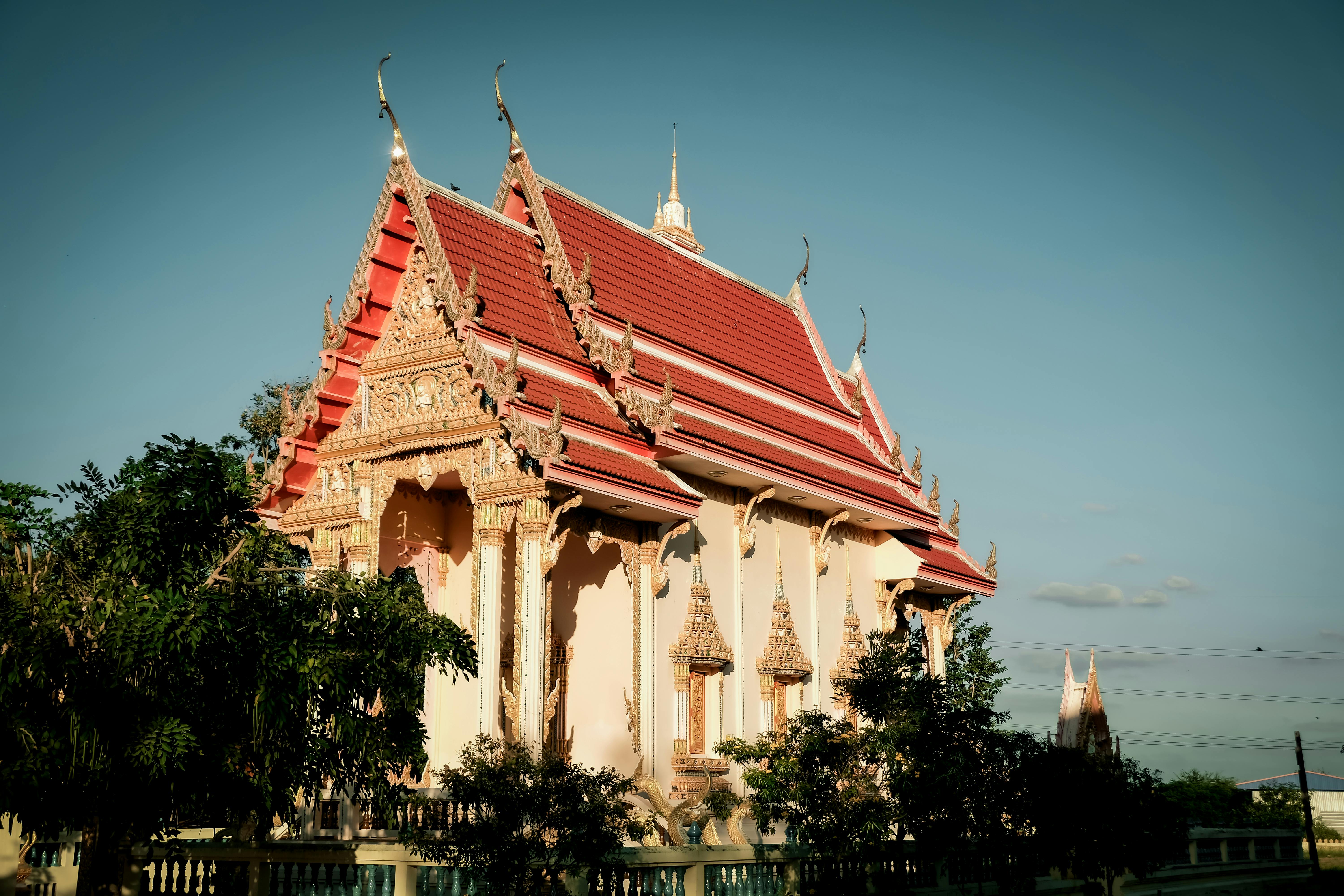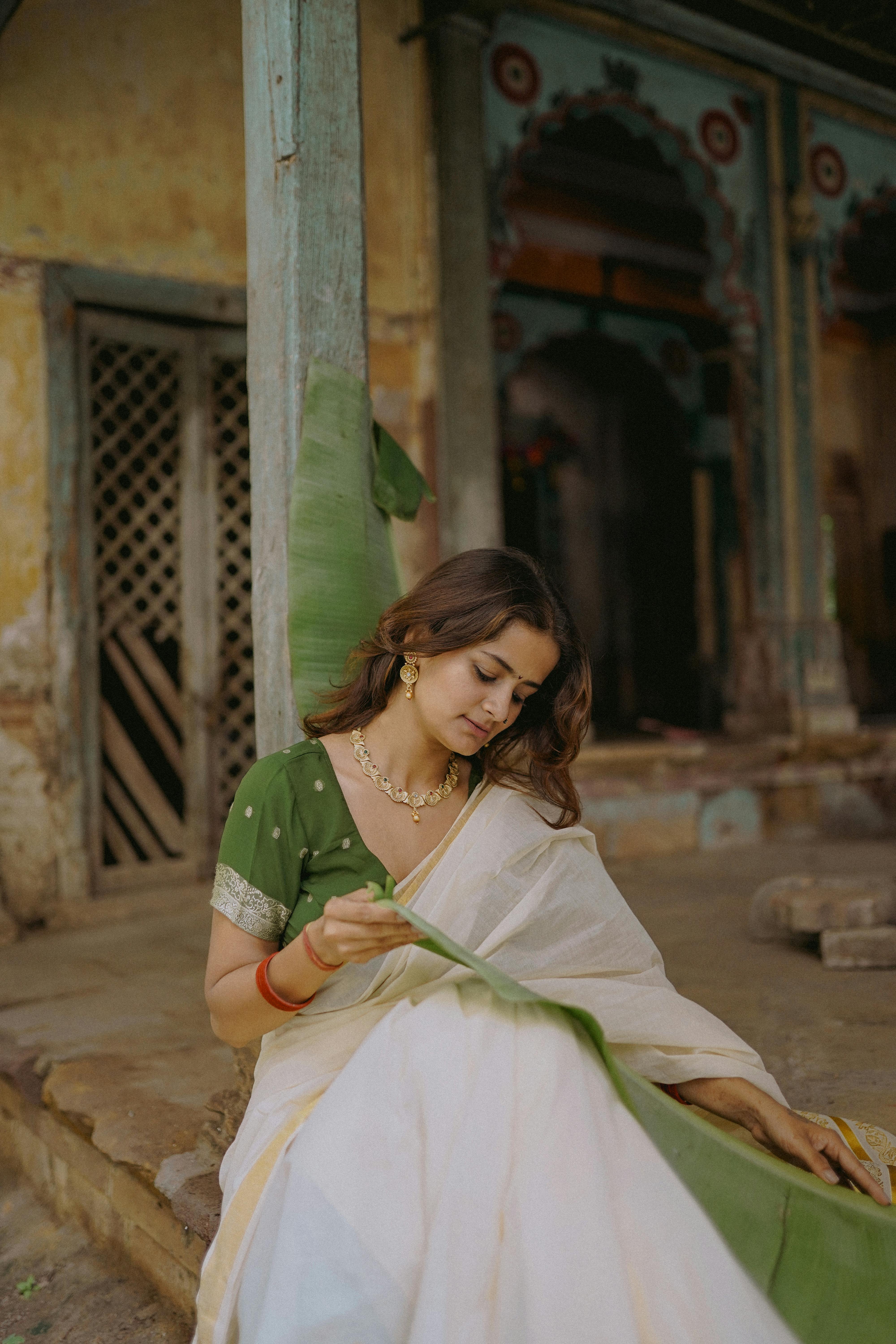Immerse yourself in the vibrant tapestry of cultural festivals and experience the rich traditions of different communities around the world. From thrilling dance performances to mouthwatering food stalls, these festivals provide a unique opportunity to truly embrace the local culture. Whether you find yourself marveling at the exquisitely adorned floats of the Carnival in Rio de Janeiro or joining in the energetic drumming circles of the Holi Festival in India, each celebration offers a window into the heart and soul of its host country. So pack your bags and prepare to be enchanted as you embark on a journey filled with unforgettable experiences and lifelong memories.

Cultural Festivals: Experiencing Local Traditions
Cultural festivals are vibrant and exciting events that offer a unique opportunity to immerse yourself in the traditions and customs of different communities around the world. These festivities provide a glimpse into the rich heritage and cultural identity of a particular region, allowing you to connect with the local people and experience their way of life. In this article, we will explore the importance of cultural festivals, the different types of festivals celebrated worldwide, and the benefits and challenges of attending these events.
1. Introduction to Cultural Festivals
Cultural festivals are celebrations of heritage and traditions that have been passed down through generations. They bring communities together and serve as a platform for showcasing cultural practices, artistic expressions, and traditional values. These festivals often feature a variety of activities such as music, dance, food, rituals, performances, and exhibitions. By participating in these festivals, you get a chance to glimpse into the history and essence of a place, making your travel experience more enriching and meaningful.

2. Importance of Cultural Festivals
2.1 Preserving Traditions
One of the key reasons cultural festivals are significant is their role in preserving and promoting traditional practices. In many societies, these festivals play a crucial role in passing down cultural knowledge, stories, and rituals from one generation to the next. They provide a platform for communities to showcase their unique customs and crafts to the world, ensuring that these traditions are not lost to time. By attending these festivals, you actively contribute to the preservation of cultural heritage and help sustain these practices for future generations.
2.2 Promoting Cultural Exchange
Cultural festivals serve as melting pots of diverse traditions, beliefs, and customs. They bring together people from different backgrounds and facilitate cross-cultural interactions and exchanges. These exchanges foster understanding, tolerance, and appreciation for different cultures, breaking down stereotypes and promoting harmony among people. By attending a cultural festival, you become a part of this global cultural dialogue, learning from others and sharing your own experiences, fostering a sense of unity and peace.
3. Types of Cultural Festivals
Cultural festivals encompass a wide range of celebrations, each unique to its region and community. Let’s explore some of the most common types of cultural festivals celebrated around the world:
3.1 Religious Festivals
Religious festivals are an integral part of many cultures and serve as important occasions to honor religious figures, commemorate historic events, or celebrate significant religious milestones. Examples of such festivals include Diwali in India, Christmas celebrations worldwide, and Ramadan in the Islamic community.
3.2 Harvest Festivals
Harvest festivals are rooted in agrarian communities and revolve around giving thanks for a successful harvest season. These festivals often involve colorful parades, traditional music and dance performances, and the consumption of local delicacies made from freshly harvested crops. Examples of harvest festivals include Thanksgiving in the United States, Pongal in South India, and the Panagbenga Festival in the Philippines.
3.3 Music and Dance Festivals
Music and dance festivals are a celebration of artistic expression and cultural diversity. These festivals showcase local and international talent, providing a platform for musicians, dancers, and artists to share their creativity with the world. Festivals such as Coachella in the United States, the Rio Carnival in Brazil, and the Glastonbury Festival in the United Kingdom are renowned for their vibrant atmosphere and world-class performances.
3.4 Food Festivals
Food festivals celebrate the culinary heritage of a particular region or country. These festivals showcase a variety of traditional dishes, local ingredients, and cooking techniques, allowing visitors to indulge in a gastronomic journey. Festivals like the Taste of Chicago in the United States, La Tomatina in Spain, and the Chocolate Festival in Belgium are renowned for their delectable offerings and cultural significance.

4. Famous Cultural Festivals around the World
Now let’s take a closer look at some of the most famous cultural festivals celebrated across different parts of the globe:
4.1 Diwali (India)
Diwali, also known as the Festival of Lights, is one of the most significant festivals in India. It celebrates the victory of light over darkness and good over evil. During Diwali, people light oil lamps called diyas, decorate their homes with colorful rangoli patterns, exchange gifts, and enjoy fireworks. It is a time of joy, unity, and hope, and is celebrated with enthusiasm by Indians worldwide.
4.2 Carnival (Brazil)
Carnival is a vibrant and energetic festival celebrated in Brazil and other Latin American countries. It is a time of revelry and merrymaking before the Christian season of Lent begins. Carnival is known for its street parades, elaborate costumes, samba music, and dance performances. The Rio Carnival in Brazil is particularly famous for its grandeur and attracts millions of visitors from around the world.
4.3 Oktoberfest (Germany)
Oktoberfest is a world-renowned beer festival held annually in Munich, Germany. It is a celebration of Bavarian culture, featuring traditional music, dancing, amusement rides, and, of course, an abundance of beer. The festival originated in 1810 to honor the marriage of Crown Prince Ludwig to Princess Therese, and today, it attracts millions of visitors who come to enjoy the festive atmosphere and indulge in German cuisine and beer.
4.4 Holi (India)
Holi, also known as the Festival of Colors, is a vibrant and playful festival celebrated in India. It marks the arrival of spring and is a time when people come together to play with colored powders and water, dance, sing, and enjoy traditional sweets. Holi is a celebration of love, unity, and the triumph of good over evil, and it is known for its lively atmosphere and joyful spirit.
4.5 Chinese New Year (China)
Chinese New Year, also known as Spring Festival, is the most important traditional festival in China. It is a time of family reunions, feasting, and celebrations lasting for fifteen days. Chinese New Year is marked by colorful parades, dragon dances, fireworks, and the exchange of red envelopes containing money. It is a time to honor ancestors, pray for good fortune, and welcome the New Year with joy and optimism.
5. Planning and Attending a Cultural Festival
While cultural festivals offer an exciting opportunity to immerse yourself in local traditions, it is essential to plan and prepare to make the most of your experience. Here are some steps to consider when planning and attending a cultural festival:
5.1 Researching the Festival
Before attending a cultural festival, conduct thorough research to understand its significance, history, and cultural practices associated with it. Read about the festival’s schedule, main events, and any specific customs or rituals that you should be aware of. This knowledge will enhance your understanding and appreciation of the festival, allowing you to fully immerse yourself in the experience.
5.2 Understanding Cultural Etiquette
When attending a cultural festival, it’s crucial to respect and adhere to the cultural norms and etiquette of the community. Learn about appropriate behavior, dress codes, and protocols to follow during the festival. Familiarize yourself with any religious or traditional practices that require particular attention and sensitivity. By respecting the local customs, you demonstrate your appreciation for the culture and create a positive interaction with the local community.
5.3 Booking Accommodation and Transportation
Once you have decided to attend a cultural festival, make sure to book your accommodation and transportation well in advance. Popular festivals often attract large crowds, and accommodations can get booked up quickly. Research nearby hotels or guesthouses, and consider staying close to the festival venue to maximize convenience. Additionally, arrange for transportation to and from the festival site, as well as any necessary transfers during your stay.
5.4 Packing Essentials
When attending a cultural festival, it’s essential to pack appropriately to ensure your comfort and enjoyment. Consider the weather during the festival period and pack suitable clothing and footwear. Also, remember to bring essentials such as sunscreen, insect repellent, a reusable water bottle, and a comfortable bag to carry your belongings during the festival. Additionally, it’s a good idea to carry a camera or smartphone to capture the memorable moments.
6. Experiencing Cultural Traditions at Festivals
Attending a cultural festival provides an excellent opportunity to actively engage with local traditions, customs, and practices. Here are some ways you can immerse yourself in the cultural experience:
6.1 Participating in Rituals
Many cultural festivals involve specific rituals or ceremonies that hold deep cultural or religious significance. Take the initiative to participate respectfully in these rituals, following the guidance of locals or festival organizers. Whether it’s lighting a diya during Diwali, watching the dragon dance during Chinese New Year, or joining a traditional dance performance, actively engaging with these rituals enhances your understanding of the cultural traditions and creates a more memorable experience.
6.2 Trying Traditional Cuisine
Food plays a crucial role in cultural festivals, as it reflects the unique flavors and culinary heritage of a region. Explore the local cuisine by trying traditional dishes and street food stalls at the festival. Don’t be afraid to experiment with new flavors and ingredients, as this is an opportunity to discover the authentic tastes of the culture. Engage with local vendors and learn about the stories and significance behind the dishes, deepening your connection to the cuisine and the festival itself.
6.3 Watching Traditional Performances
Cultural festivals often feature captivating music, dance performances, and storytelling sessions that showcase the local artistic talent. Take the time to watch these traditional performances, as they provide insight into the artistic heritage and storytelling traditions of the community. Appreciate the intricate costumes, rhythmic movements, and melodic tunes, allowing yourself to be swept away by the beauty and cultural significance of these performances.
6.4 Adorning Traditional Attire
If appropriate and respectful, consider dressing in traditional attire during the cultural festival. Wearing clothing that is customary to the region not only shows your respect for the local culture but also allows you to feel more connected to the festival and its traditions. Many festivals offer the opportunity to rent or purchase traditional clothing, giving you the chance to fully embrace the cultural experience.
7. Benefits of Experiencing Local Traditions
Experiencing local traditions at cultural festivals offers numerous benefits that go beyond mere entertainment. Here are some of the advantages of immersing yourself in local culture:
7.1 Broadening Cultural Understanding
Participating in cultural festivals allows you to gain a deeper understanding of different cultures, traditions, and beliefs. It broadens your perspective, challenging stereotypes and prejudices, and fostering a more inclusive worldview. By engaging with diverse cultural practices, you develop a greater appreciation for the values, histories, and identities of various communities around the world.
7.2 Creating Lasting Memories
Attending a cultural festival is a truly unforgettable experience that creates lasting memories. The vibrant atmosphere, colorful performances, and warm interactions with locals leave a lasting impression and become cherished memories. These memories serve as windows into different cultures, reminding you of the beauty and diversity of the world whenever you reflect upon them in the future.
7.3 Supporting Local Communities
By attending cultural festivals, you directly contribute to the local economy and support the communities hosting the events. Tourism generated by festivals helps boost the livelihoods of local artisans, vendors, performers, and small businesses. Your participation and financial contribution help preserve cultural practices, promote local craftsmanship, and sustain the traditions that make these festivals possible.
8. Challenges and Controversies of Cultural Festivals
While cultural festivals are generally celebrated with joy and enthusiasm, they are not without challenges and controversies. Here are some issues that often arise:
8.1 Appropriation and Misrepresentation
There is a fine line between cultural appreciation and cultural appropriation. Cultural festivals sometimes face criticism for commercializing or appropriating cultural practices without proper understanding or respect. It is essential for festival organizers and attendees to approach cultural festivals with sensitivity and humility, ensuring that traditions are honored and represented accurately.
8.2 Commercialization
As cultural festivals gain popularity, there is a risk of excessive commercialization. This can lead to the loss of traditional elements and the dilution of the festival’s cultural significance. It is important for festival organizers and authorities to strike a balance between commercial interests and the preservation of cultural heritage, ensuring that the authenticity of the festival is maintained.
8.3 Environmental Impact
Large-scale festivals can have a significant environmental impact, especially in terms of waste generation, noise pollution, and carbon emissions. Festival organizers and attendees must be conscious of their environmental footprint and take steps to minimize their impact. This can include initiatives such as waste management systems, eco-friendly practices, and sustainable transportation options.
9. Conclusion
Cultural festivals provide an incredible opportunity to experience local traditions, connect with communities, and broaden your understanding of different cultures. These vibrant celebrations are a gateway to the customs, artistry, and values of diverse societies across the globe. By attending a cultural festival, you not only create lasting memories but also contribute to the preservation of cultural heritage and the well-being of local communities. So, pack your bags, do your research, and get ready to embark on a memorable journey of experiencing cultural traditions at festivals around the world.



